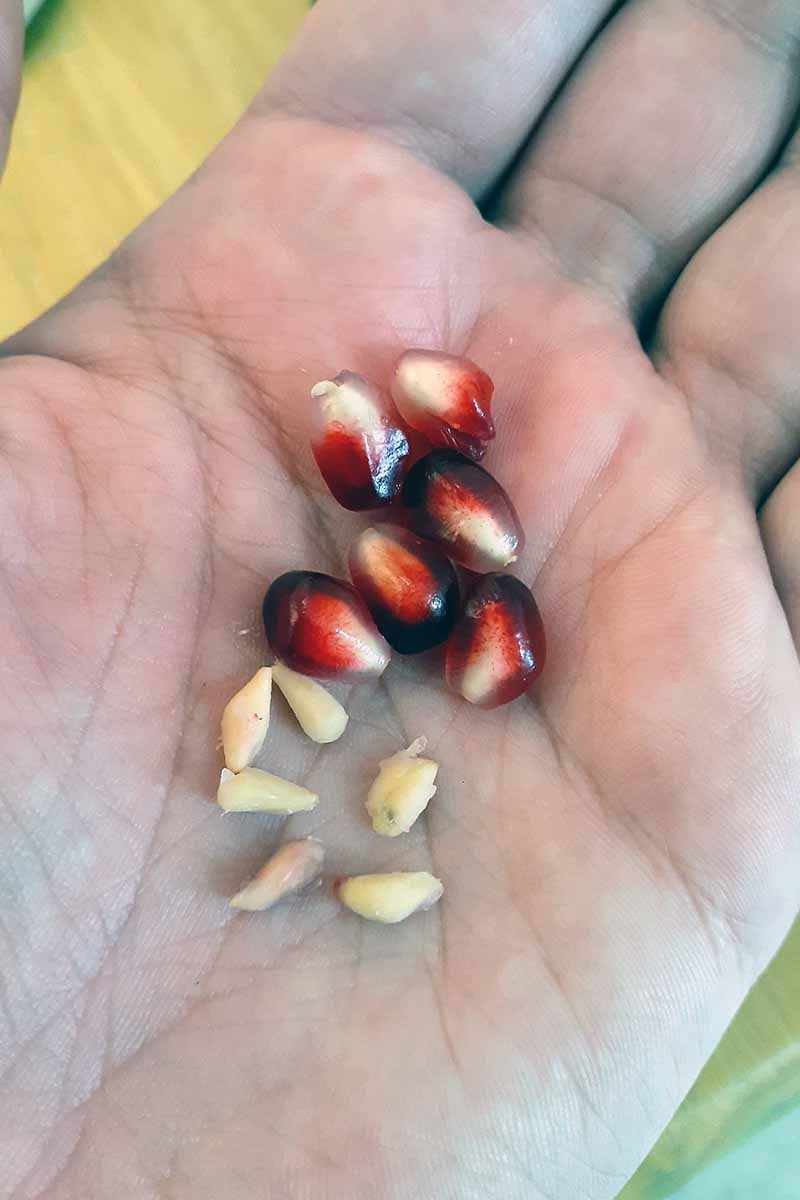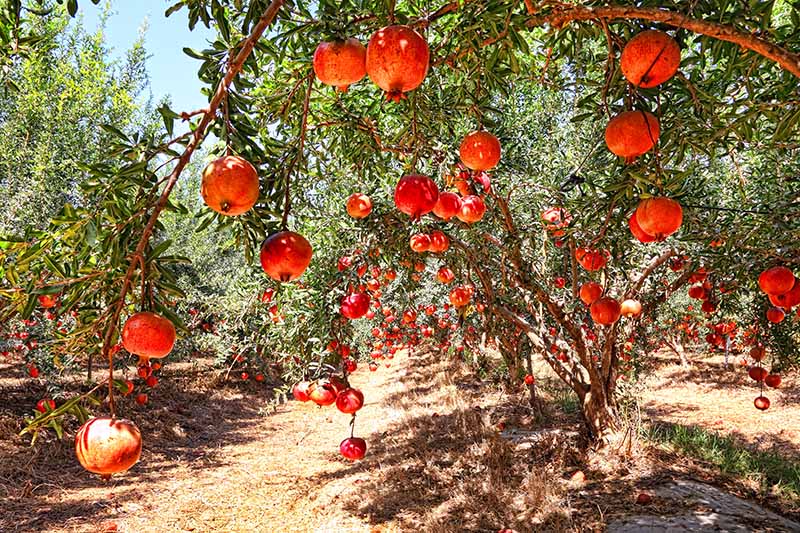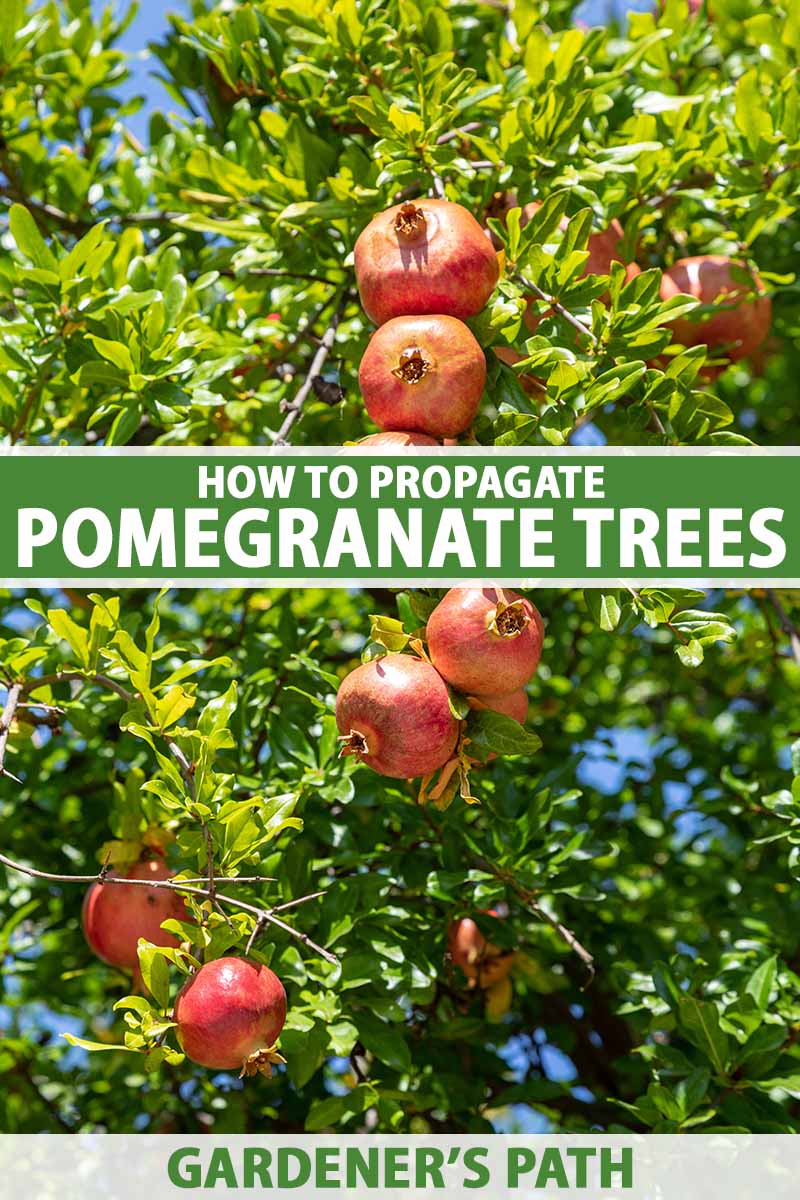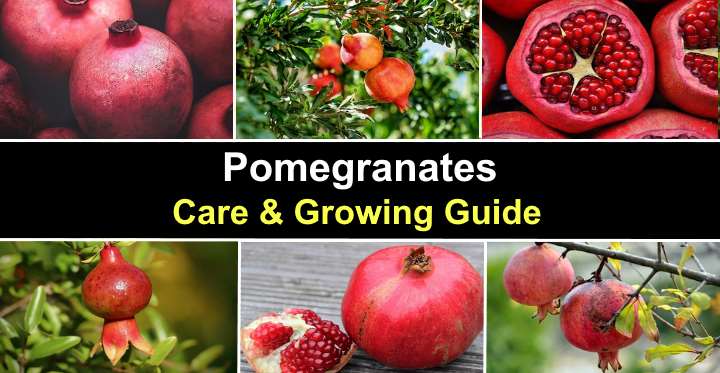Cultivating the Fruit of Paradise: A Guide to Growing Pomegranates
Unlocking the Secrets of Pomegranate Seed Germination
Growing pomegranates from seeds can be a rewarding experience, allowing individuals to nurture a plant from scratch and enjoy the fruits of their labor. Many people wonder, “can you grow pomegranate from seeds?” and the answer is yes. This method of cultivation offers several benefits, including cost-effectiveness and the potential to produce unique and delicious varieties. By understanding the basics of pomegranate seed germination, individuals can set themselves up for success and enjoy the many benefits of homegrown pomegranates. With the right techniques and knowledge, growing pomegranates from seeds can be a thrilling adventure, providing a sense of accomplishment and the joy of harvesting homegrown fruit.
How to Prepare Pomegranate Seeds for Planting
Preparing pomegranate seeds for planting is a crucial step in the germination process. To increase the chances of successful germination, it’s essential to understand the necessary steps involved in seed preparation. When asking “can you grow pomegranate from seeds,” it’s vital to consider the preparation process. This includes stratification, scarification, and sowing techniques. Stratification involves subjecting the seeds to a period of cold temperatures to break dormancy, while scarification involves scratching the seed coat to facilitate water uptake. Sowing techniques, such as planting seeds at the correct depth and spacing, are also critical for optimal germination. By following these steps, individuals can increase the likelihood of successful germination and set their pomegranate seedlings up for success.
The Ideal Conditions for Pomegranate Seedlings to Thrive
Once pomegranate seeds have been properly prepared and planted, it’s essential to provide them with the ideal conditions to thrive. When asking “can you grow pomegranate from seeds,” it’s crucial to consider the environmental factors that influence seedling growth. Pomegranate seedlings require a warm and sunny location with temperatures between 65°F to 75°F (18°C to 24°C) during the day and no lower than 55°F (13°C) at night. They also need well-draining soil with a pH between 6.0 and 7.0. Adequate water supply is vital, but overwatering can be detrimental. Seedlings should be watered regularly, but the soil should be allowed to dry slightly between waterings. By providing pomegranate seedlings with the right conditions, individuals can increase the chances of successful growth and development.
Common Challenges and Solutions in Growing Pomegranates from Seeds
While growing pomegranates from seeds can be a rewarding experience, it’s not without its challenges. One of the most common issues is low germination rates, which can be attributed to poor seed quality, inadequate stratification, or insufficient moisture. To overcome this, it’s essential to source high-quality seeds and follow proper stratification and sowing techniques. Another challenge is pests and diseases, such as aphids, whiteflies, and fungal infections, which can be managed through integrated pest management strategies, including introducing beneficial insects, practicing good sanitation, and applying organic pesticides. Additionally, pomegranate seedlings may be susceptible to transplant shock, which can be minimized by hardening off seedlings before transplanting and providing adequate water and nutrients. By being aware of these potential challenges and taking proactive steps to address them, individuals can increase their chances of success when asking “can you grow pomegranate from seeds.”
Nurturing Your Pomegranate Tree: Ongoing Care and Maintenance
As pomegranate seedlings grow, they require ongoing care and maintenance to ensure they reach their full potential. Pruning is essential to promote a strong, bushy shape and encourage fruiting. This involves removing any dead, diseased, or damaged branches, as well as shaping the tree to allow for good air circulation and sunlight penetration. Fertilization is also crucial, with a balanced fertilizer applied during the growing season to provide essential nutrients. Pest management is another important aspect of pomegranate tree care, with regular monitoring for signs of pests and diseases, and prompt action taken to address any issues that arise. By providing pomegranate trees with the necessary care and attention, individuals can enjoy a bountiful harvest and reap the rewards of growing pomegranates from seeds. With proper care, pomegranate trees can thrive for many years, providing a continuous supply of delicious fruit and answering the question “can you grow pomegranate from seeds” with a resounding yes.
What to Expect: The Timeline of Pomegranate Seedling Development
When asking “can you grow pomegranate from seeds,” it’s essential to understand the growth stages of pomegranate seedlings. From germination to maturity, pomegranate trees go through several phases, each with its unique characteristics and requirements. The first stage, germination, typically occurs within 1-3 months after sowing, with seedlings emerging with two small leaves. During the seedling stage, which lasts around 1-2 years, pomegranate trees require careful attention, including regular watering, fertilization, and pruning. As the tree grows, it enters the sapling stage, characterized by rapid growth and the development of a strong root system. This stage can last anywhere from 2-5 years, depending on factors such as climate, soil quality, and care. Finally, after 5-10 years, pomegranate trees reach maturity, producing delicious fruit and providing a sense of accomplishment for those who have nurtured them from seed. By understanding the timeline of pomegranate seedling development, individuals can better care for their trees and enjoy a bountiful harvest.
Comparing Seed-Grown Pomegranates to Nursery-Bought Trees
When deciding whether to grow pomegranates from seeds or purchase nursery-bought trees, it’s essential to weigh the advantages and disadvantages of each option. One of the primary benefits of growing pomegranates from seeds is the cost-effectiveness, as seeds are often significantly cheaper than nursery-bought trees. Additionally, seed-grown pomegranates offer the potential for unique varieties, as the seeds can produce trees with distinct characteristics. However, nursery-bought trees typically have a higher success rate and can produce fruit within a shorter timeframe, often 1-2 years compared to 5-10 years for seed-grown trees. Another consideration is the quality of the trees, with nursery-bought trees often being more robust and disease-resistant. On the other hand, seed-grown trees can be more susceptible to pests and diseases, requiring more care and attention. Ultimately, the decision to grow pomegranates from seeds or purchase nursery-bought trees depends on individual preferences and goals. For those who ask “can you grow pomegranate from seeds” and are willing to invest time and effort, seed-grown trees can be a rewarding and cost-effective option. However, for those seeking a quicker and more reliable route to harvesting pomegranates, nursery-bought trees may be the better choice.
Conclusion: The Rewards of Growing Pomegranates from Seeds
For those who ask “can you grow pomegranate from seeds,” the answer is a resounding yes. Growing pomegranates from seeds offers a unique opportunity to nurture a plant from scratch, watching it grow and thrive under your care. The sense of accomplishment that comes from harvesting homegrown pomegranates is unparalleled, and the potential for unique varieties is a significant advantage. Additionally, growing pomegranates from seeds can be a cost-effective option, allowing individuals to enjoy this delicious fruit without breaking the bank. While there may be challenges along the way, the rewards of growing pomegranates from seeds far outweigh the difficulties. With the right care and attention, pomegranate seedlings can thrive, providing a bountiful harvest for years to come. So, for those who are willing to put in the effort, growing pomegranates from seeds can be a truly rewarding experience.








